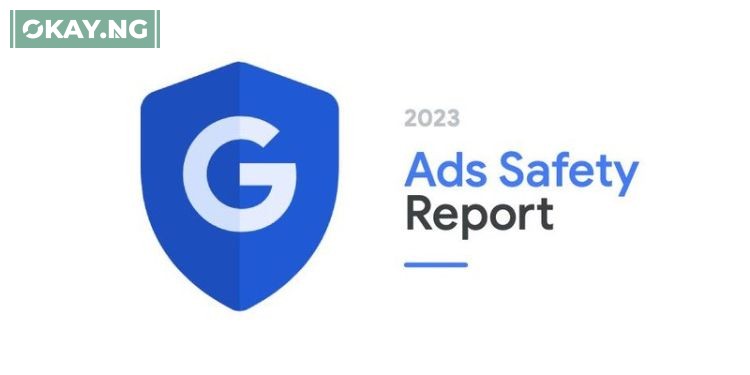Google has unveiled its annual Ads Safety Report, offering insights into the company’s commitment to ensuring safe and trustworthy advertising experiences across its platforms.
The report underscores Google’s dedication to leveraging advanced technologies, particularly Artificial Intelligence (AI), to bolster enforcement efforts and combat emerging threats in the digital advertising landscape.
In his blog post, Duncan Lennox, Vice President & General Manager of Ads Privacy and Safety at Google, emphasized the pivotal role of online advertising in sustaining a free and open internet while delivering diverse, quality content to users worldwide. Lennox highlighted Google’s ongoing efforts to harness the power of AI, including Large Language Models (LLMs) like Gemini, to enhance enforcement capabilities and maintain a healthy ad-supported ecosystem.
Lennox outlined the transformative impact of generative AI on the digital advertising industry, citing advancements in performance optimization and image editing. Despite the opportunities presented by generative AI, Lennox acknowledged the accompanying challenges and outlined Google’s proactive measures to address them effectively.
One of the key highlights of Google’s enforcement strategy is the integration of LLMs, which enable rapid content review and interpretation at scale while capturing nuanced contextual nuances. Lennox underscored the pivotal role of LLMs in bolstering enforcement efforts, particularly in detecting and mitigating complex policy violations, such as Unreliable Financial Claims and scam ads promoting get-rich-quick schemes.
Google’s commitment to combating fraud and scams was evident in its swift response to evolving threats, including the implementation of the Limited Ads Serving policy. This policy aims to protect users by limiting the reach of advertisers with questionable behavior, thus enhancing trust and transparency in the digital advertising ecosystem.
In addition to addressing fraud and scams, Google remains steadfast in safeguarding election integrity by enforcing stringent identity verification and transparency requirements for election advertisers. Lennox underscored Google’s proactive measures to combat false election claims and provide greater transparency to users during major electoral events.
Reflecting on Google’s enforcement efforts in 2023, Lennox highlighted the removal of over 5.5 billion ads and 12.7 million advertiser accounts, underscoring the company’s commitment to maintaining a safe and secure advertising environment. He emphasized the pivotal role of AI in enhancing enforcement efficacy, with over 90% of publisher page-level enforcement initiated through machine learning models.












